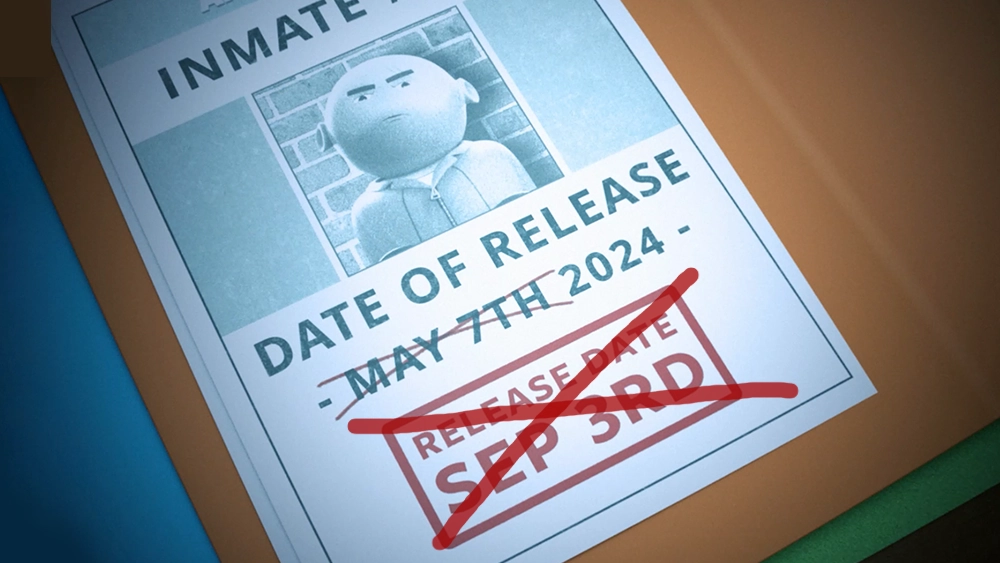Critiquing anything is a tricky subject. It helps to have a guide that can at least help explain review scores when people tend to disagree over numbers.
Our 1-to-5 scale allows games a fair evaluation while recognizing the standout titles that deserve special recognition. With any review score, these should be taken with a grain of salt and perhaps…just maybe, read the whole review and form your own opinion instead of relying on a number.
Table of Contents
The Rating Scale: What Each Number Means
5 – Masterpiece: A perfect 5 is the pinnacle of game design and execution. It’s a rare distinction reserved for titles that deliver exceptional visuals, compelling storytelling, and unmatched replayability. A game scoring 5 doesn’t just excel in these categories; it sets new standards for the industry. Achieving this score is exceedingly difficult and should be viewed as a hallmark of excellence.
4.5 – Exceptional: A 4.5 is a fantastic game, only a small step below perfection. While it might not quite redefine its genre, it stands out for its polish, creativity, and overall experience. This score is rarely awarded and only given to games with extraordinary qualities that narrowly miss perfection.
4 – Great: Games scoring a 4 are undeniably great and highly enjoyable. While they may lack the extra spark that elevates them to a 4.5 or 5, they’re still worth your time and money. Solid visuals, engaging narratives, and a good amount of replay value make these games shine.
3.5 – Above Average: A 3.5 is a good game with a few noteworthy strengths, but it might be held back by some flaws or lack of innovation. It’s an enjoyable experience that’s slightly above the standard fare.
3 – Good: A score of 3 means the game is solid and functional. While it doesn’t do anything groundbreaking, it’s enjoyable for what it is. Think of this as the “perfectly fine” category — good, but not exceptional.
2.5 – Average: A 2.5 is a middle-of-the-road game that’s neither great nor terrible. It might appeal to fans of the genre but lacks the qualities to make it memorable or worth recommending broadly.
2 – Below Average: Games scoring a 2 have notable issues, whether it’s poor graphics, a lackluster story, or tedious gameplay. These titles might be worth playing for die-hard fans, but most gamers will find them lacking.
1.5 – Mediocre: A 1.5 game struggles in almost every aspect, from design to execution. Significant flaws make the experience frustrating or dull, and even the most dedicated players will find little to enjoy.
1 – Bad: A 1 is a poorly made game that fails to deliver on even basic expectations. Whether it’s riddled with bugs or completely lacking in entertainment value, this score reflects a title that’s almost universally disappointing.
0.5 – Unplayable: The lowest possible score, 0.5, is reserved for games that are fundamentally broken or nearly impossible to enjoy. This isn’t just a bad game — it’s a catastrophe.
Weighted Categories: How Scores Are Determined
Our scoring system evaluates games across three key categories: Visuals, Story, and Replayability. Each category is assigned a weight, and the overall score is calculated as an average of these factors. Here’s how each category contributes to the final rating:
- Visuals (40%): Graphics, art direction, and technical performance play a major role in creating an immersive experience. Whether it’s realistic environments or stylized aesthetics, strong visuals can elevate a game’s appeal.
- Story (35%): A compelling narrative with engaging characters and a well-paced plot can make a game unforgettable. Story-driven games will see this category weigh heavily on their overall score.
- Replayability (25%): Does the game keep you coming back for more? Whether it’s branching story paths, multiplayer modes, or endless customization, replayability ensures lasting value.
Rounding to the Nearest 0.5
After scoring each category, the weighted average determines the overall score, which is always rounded to the nearest 0.5. For example:
- A score of 4.73 rounds to 4.5.
- A score of 4.24 rounds to 4.
Perfect 5 scores are intentionally rare, reflecting our high standards for what makes a game truly outstanding. Similarly, 4.5 scores are reserved for titles that are exceptional but just shy of perfection.
Updating Review Scores
Games are dynamic, and updates, expansions, or significant changes can transform a game’s quality over time. When a game undergoes substantial improvements or setbacks, we may revisit the review and update the score accordingly. However, the original review will remain intact for historical reference.





